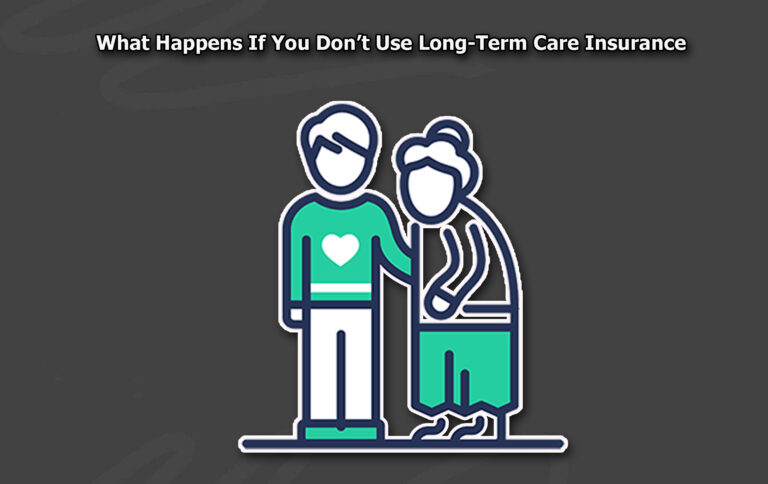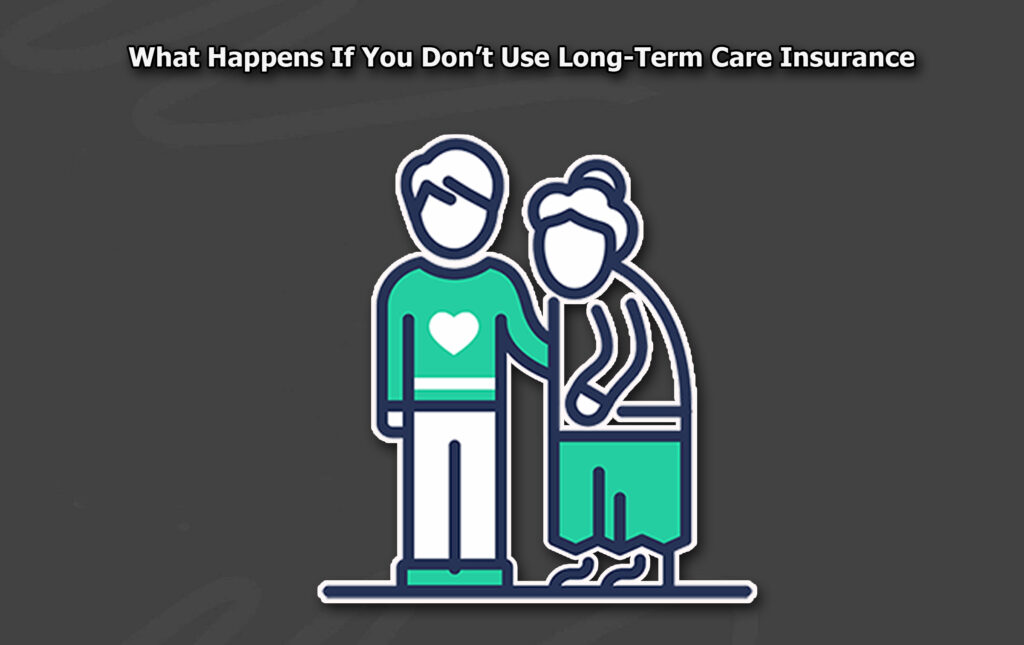
What Happens If You Don’t Use Long-Term Care Insurance – Long-term care can be expensive, and without insurance, the costs can quickly deplete your savings. Imagine having to pay out-of-pocket for extended nursing home stays, home health care, or adult day care.

The financial burden can be overwhelming, forcing you to make difficult choices between your care and your financial security.
The costs of long-term care can vary widely depending on your needs and location. Nursing home care, for example, can cost thousands of dollars per month.
Home health care may be slightly more affordable, but the costs can still add up quickly. Without a plan in place, you may be forced to rely on your savings, retirement funds, or even your family members to cover these expenses.
In this article, we’ll examine the financial implications of not having long-term care insurance. So stick with us to enlightened.
What Happens If You Don’t Use Long-Term Care Insurance Benefits
When you buy long-term care insurance but don’t end up needing it, what happens next depends on the type of policy you have.
Different plans offer different outcomes, and it’s important to know what you’re signing up for.
Hybrid Long-Term Care Insurance
Hybrid long-term care insurance is a good option if you want to make sure your money isn’t wasted. These plans often combine long-term care coverage with life insurance or an annuity.
If you don’t use the care benefits, your family could still receive a tax-free death benefit after you pass away.
Some hybrid plans also build cash value, which means you could get some money back if you cancel the policy early. Even if you never need care, the policy still provides value.
Traditional Long-Term Care Insurance
Traditional long-term care insurance works more like regular health insurance. It only pays out if you actually need long-term care services. If you never use it, you won’t get your premiums back.
Also, traditional policies can get more expensive over time because the company may raise your rates. If you pass away without ever needing care, there’s usually no money refunded to you or your family.
Shared Coverage For Couples
Some traditional long-term care policies offer shared benefits for couples. This means you and your spouse can use each other’s coverage if needed.
If one spouse passes away without using the benefits, the surviving spouse can sometimes use the leftover amount. However, if all the benefits are used up before either spouse dies, there is nothing left to claim.
Should You Buy Long-Term Care Insurance?
Not everyone needs long-term care insurance. However, it can protect you from spending all your savings on care later in life.
It also gives you more choices for the type of care you get. For many people, it’s a good way to plan ahead, especially if they want to avoid putting a financial burden on their family.
If You Never Use Your Long-Term Care Insurance
If you never use your benefits, it usually means you stayed healthy and independent, which is a good thing!
But with traditional policies, that also means the money you paid in premiums is gone. Hybrid policies offer more flexibility, allowing you to pass on money to your heirs or even get some money back if you cancel the policy.
What If You Buy Long-Term Care Insurance and Don’t Need It?
Most long-term care insurance is “use it or lose it,” especially the traditional kind. You won’t get your money back if you don’t end up needing care.
Some policies offer a return of premium option, but these usually cost extra. Hybrid plans are better if you want to avoid losing your investment because they either pay out in benefits or leave a death benefit for your family.
Are There Tax Benefits if You Don’t Use It?
Some traditional long-term care policies allow you to deduct part or all of your premium on your taxes, depending on certain IRS rules. Hybrid policies usually don’t offer this tax advantage.